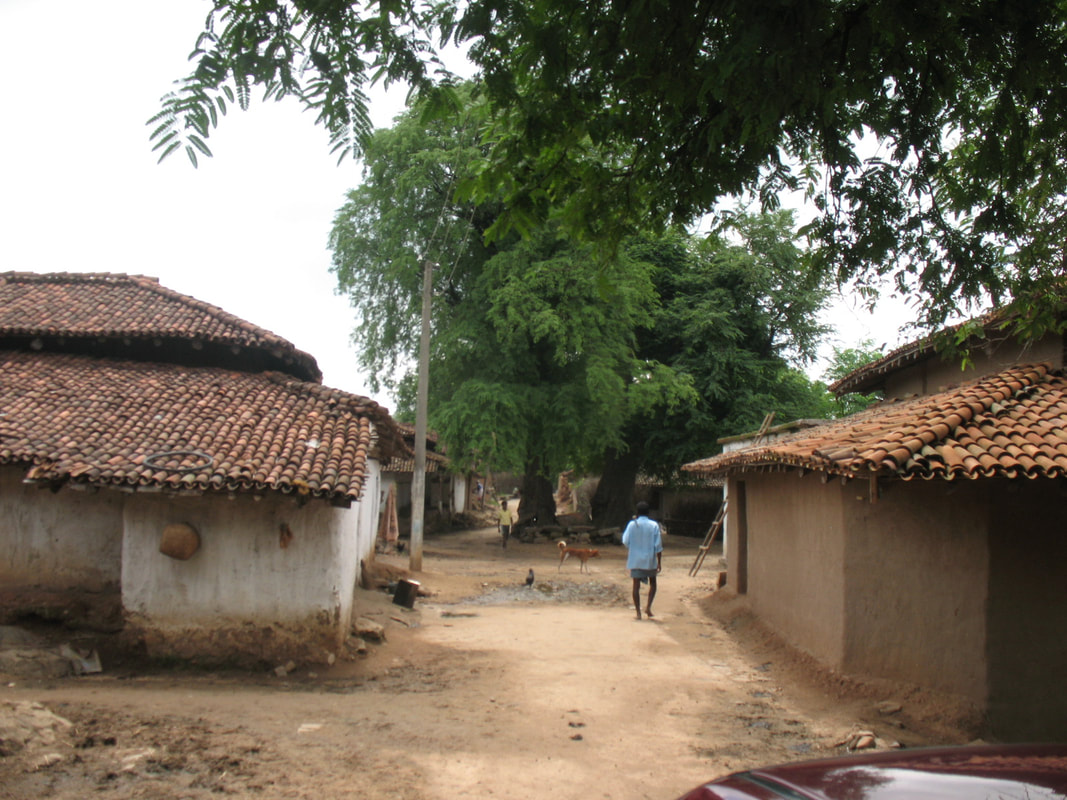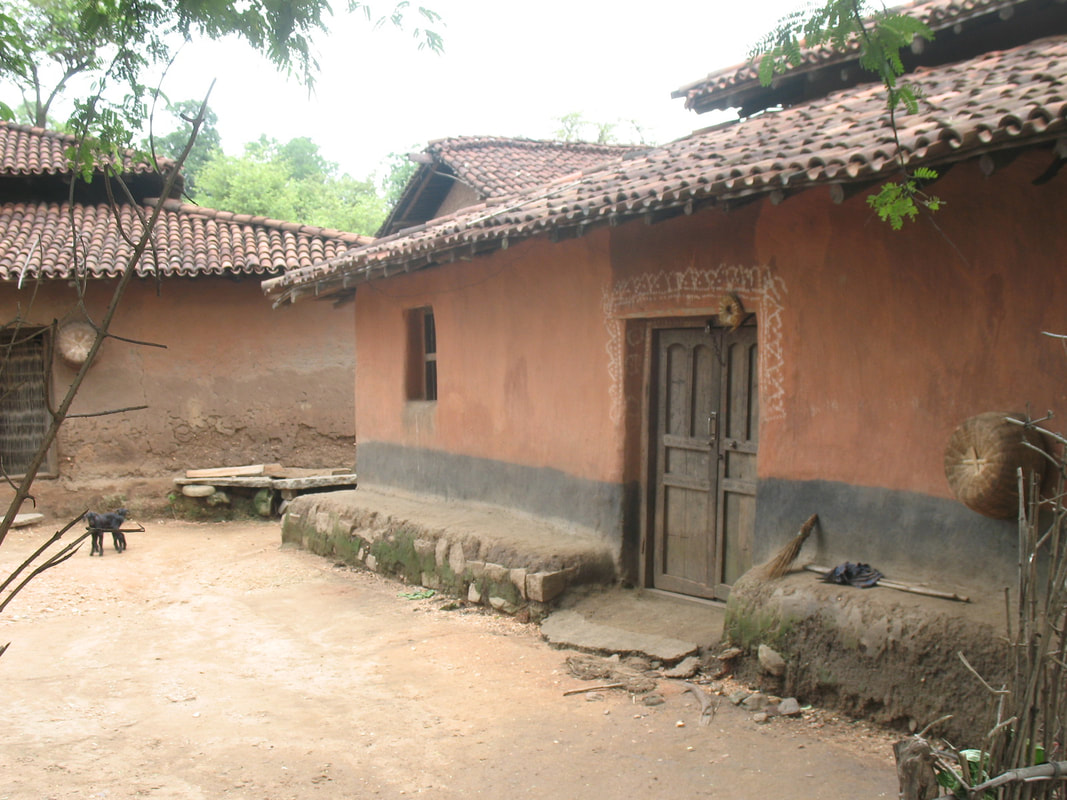APPROPRIATE AND AFFORDABLE RURAL HOUSING (PMAY-G) FOR JHARKHAND
|
Hunnarshala undertook a study of rural houses of the state of Jharkhand. The main aim of the study was to understand the traditional processes of house construction in rural settlements, and thus influence the implementation of Pradhan Mantri Awas Yojna- Gramin (PMAY-G) previously IAY, for the Ministry of Rural Development (MoRD). This is one of the largest schemes in the world that looks after providing houses to rural poor. The scheme allots a certain amount of money to the selected beneficiaries for house construction. The study was done in collaboration with two partner organisations, People In Centre from Ahmedabad and Dustudio from Auroville. The study was supported by United Nations Development Programme (UNDP), and was done for Ministry of Rural Development (MoRD). The three organisations are also carrying out a similar study for two other states, West Bengal and Chhattisgarh. |
|
After few visits to almost all the parts of the state to understand the context (housing, materials, technologies, life- styles etc), a state level workshop was organised to propose rural housing designs that incorporate the traditional technologies which can be well adapted to the geographical and the community context. A draft report on study and guidelines was presented to the stakeholders, which included government officials, architects, beneficiaries etc. to get the feedback. Based on the feedback and the study done, a report on documentation and recommendations was submitted to the state government.
|

